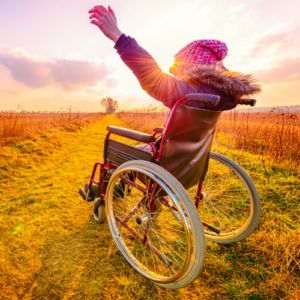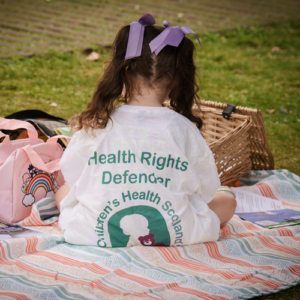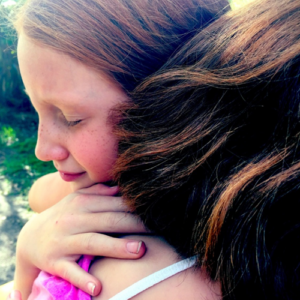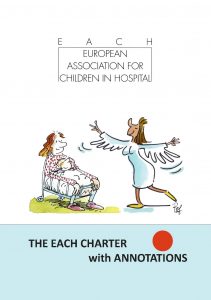
Our Care Experienced Service offers training and programmes designed to support Foster Carers. We have been successfully supporting Foster Carers for 15 years, so we understand that the children and young people in their care have particular healthcare needs and rights. To support these we offer a range of training which is currently delivered free of charge to Foster Carers (subject to demand) thanks to funding we receive from Trusts and Foundations. This training is delivered in partnership with local authorities and health professionals and based on topics often requested by carers themselves. We can deliver training either in person or virtually using Zoom or Microsoft Teams. The topics we cover are shown below and if you want to find out what is currently available to book nationally click the link below.
NATIONAL ONLINE EVENTRBRITE WORKSHOPS FOR FOSTER CARERS
ADOLESCENCE MATTERS
Being a carer for a teenager can be an incredibly rewarding but often challenging experience. Adolescence is the phase of life between childhood and adulthood, from ages 10 to 19. It is a unique stage of human development and an important time for laying the foundations of good health. This session shares an understanding of why adolescence matters to care experienced children.
CALMING TECHNIQUES
Practically every carer has been confronted by a situation when their child ‘loses it’ or has a ‘meltdown’. This session will help explain why this might be happening, how to avoid it in the first place, and provide some practical techniques for coping with it when it does happen. Its aim is to give better knowledge and understanding of calming techniques for carers.
DISABILITY AND COMPLEX NEEDS
Children with disabilities and complex needs have a range of unique conditions that overlap, which can affect their health and wellbeing. They require additional or specialist support so that they can lead healthy, fulfilling lives This session focuses on gaining knowledge and understanding on the health and wellbeing of children and young people living with disabilities and complex needs.
HEALTHCARE RIGHTS
Children and young people in care have the right to the best possible health. Those caring or working with them have a responsibility to promote and support this while recognising that it is the carer who can make the biggest impact on the child’s experiences and environment. This session looks at managing the healthcare needs and rights of care experienced children and young people.
MENTAL HEALTH AND WELLBEING
Compared to other young people, care experienced children and young people are five times more likely to have a mental health disorder, like anxiety, depression, post-traumatic stress disorder or behaviour problems. This session looks at ways of fostering positive mental health and emotional wellbeing for care experienced children and young people.
LOSS AND CHANGE
Loss and change are part of life. All children will experience it at some point. However, we know and understand that care-experienced children will go through more loss and change than other children. This session looks at ways to help Foster and Kinship Carers understand the impact of loss and change on the children and young people in their care.
UNDERSTANDING SELF-HARM
There are no fixed rules about why people self-harm. However, the intention is usually to punish themselves, express their distress, or relieve unbearable tension. Sometimes it may be a mixture of all three. This session focuses on gaining better knowledge and understanding of self-harm among care experienced children and young people.
UNDERSTANDING TRAUMA
It is vital that carers are given the knowledge and skills they need to help children and young people through the complexities of understanding trauma and supporting their recovery. This Understanding Trauma and Supporting Recovery session has been developed to support carers who look after children and adolescents who have been impacted by trauma.
RESEARCH
Research consistently shows that the health of many children and young people in Foster Care is poorer than that of their peers. Through regular conversations with Foster Carers and via our research we know that children and young people in care are known to have significantly poorer physical/mental health outcomes than peers not in care.
According to the Children’s Social Work Statistics Scotland, 2019-20 a total of 14,458 children are in care, with Foster Caring remaining the most common type of care whilst Kinship Care is continuing to rise: 33% Foster Care; 31% Kinship Care (friends/relatives); 25% Looked after at home; 10% – Residential care (includes secure care); and 1% – With prospective adopters.
We have been successfully supporting Foster Carers for 15 years, so we understand that children in Foster Care have particular healthcare needs. Some may have specific medical conditions or disabilities whilst others may need support with their mental health and emotional wellbeing. Also, some children may have moved frequently meaning that the details of their medical history are difficult to find. When a child is in care, health-related responsibilities are not only shared between birth families and Foster Carers but also with social workers, specialist nurses, paediatricians, youth services and teachers who have responsibility as the ‘corporate parent’. With the right training and support, Foster Carers can make a real difference to the lives of children and young people, not only by helping to care for their health and wellbeing but also by acting as role models in the way they look after their own health and emotional wellbeing.
Read our privacy information notice for carers.
FIND OUT MORE
To find out more or talk to us please give us a call on 0131 553 6553 or email cecyps@childrenshealthscotland.org.








